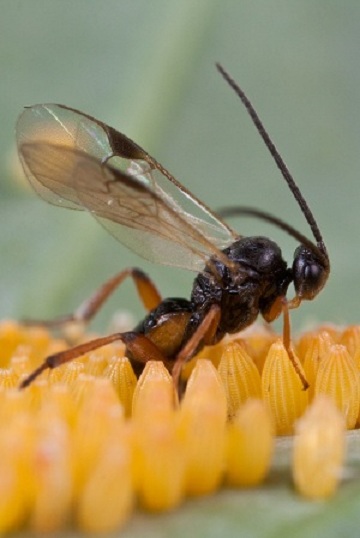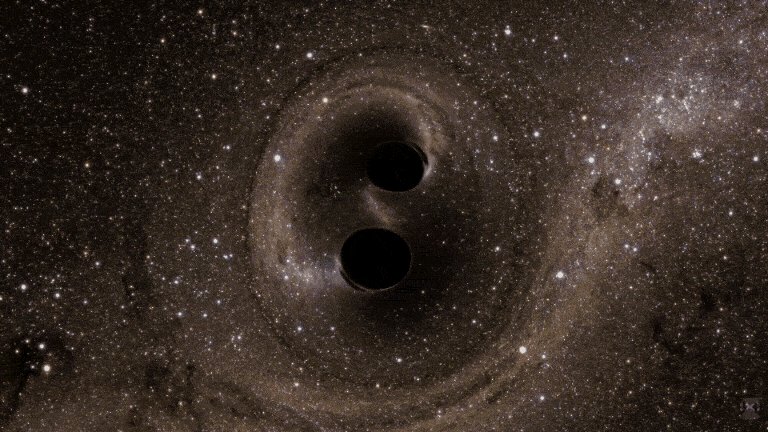Plant Calls in Wasps to Kick Some Butterfly Butt

Get the world’s most fascinating discoveries delivered straight to your inbox.
You are now subscribed
Your newsletter sign-up was successful
Want to add more newsletters?

Delivered Daily
Daily Newsletter
Sign up for the latest discoveries, groundbreaking research and fascinating breakthroughs that impact you and the wider world direct to your inbox.

Once a week
Life's Little Mysteries
Feed your curiosity with an exclusive mystery every week, solved with science and delivered direct to your inbox before it's seen anywhere else.

Once a week
How It Works
Sign up to our free science & technology newsletter for your weekly fix of fascinating articles, quick quizzes, amazing images, and more

Delivered daily
Space.com Newsletter
Breaking space news, the latest updates on rocket launches, skywatching events and more!

Once a month
Watch This Space
Sign up to our monthly entertainment newsletter to keep up with all our coverage of the latest sci-fi and space movies, tv shows, games and books.

Once a week
Night Sky This Week
Discover this week's must-see night sky events, moon phases, and stunning astrophotos. Sign up for our skywatching newsletter and explore the universe with us!
Join the club
Get full access to premium articles, exclusive features and a growing list of member rewards.
A cabbage hiring wasp hitmen to protect it from a butterfly invasion sounds like the premise of a deranged children's movie. But new research shows something like that actually might happen in nature.
Plants give off a range of chemical distress signals when they're under attack from diseases, pests and even lawnmowers. Black mustard, a cabbage relative, produces chemicals called plant volatiles when a certain butterfly decides to take up residence on its leaves, and a European team of researchers investigated what role these signals play in building the plant's defenses.
The researchers reported Sept. 5 in the journal PLoS ONE that black mustard gives off a specific scent when large cabbage white butterflies (Pieris brassicae), as they are called, lay eggs on it. This odor both repels other pregnant butterflies from laying more eggs on the plant and attracts two species of parasitic wasps, Trichogramma brassicae and Cotesia glomerata. The wasps swoop in and attack the butterfly eggs and the caterpillars that have hatched from them, the researchers said. This defense mechanism prevents a colony of caterpillars from feasting on its leaves. (In return, the wasps parasitize, or live off, these eggs.)
The study, led by Nina Fatouros, of Wageningen University in the Netherlands, showed that black mustard's response is highly specific to large cabbage white butterflies. When a less common pest, the cabbage moth (Mamestra brassicae), lays eggs on the plant, it does not trigger the same release of plant volatiles, the researchers said.
The study was based on experiments in a greenhouse setting and the researchers wrote in their paper that they are following up with studies of these dynamics under natural conditions.
Follow LiveScience on Twitter @livescience. We're also on Facebook & Google+.
Get the world’s most fascinating discoveries delivered straight to your inbox.

 Live Science Plus
Live Science Plus










